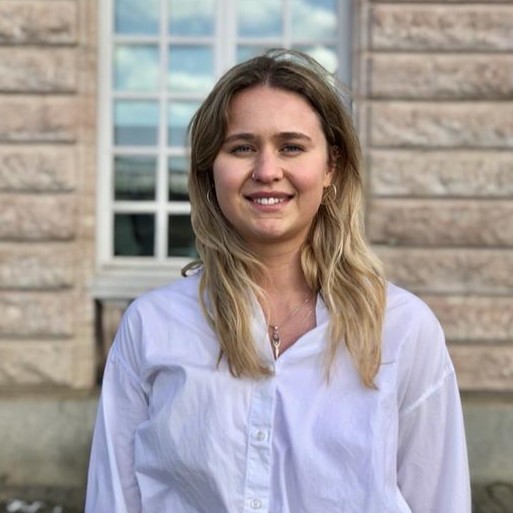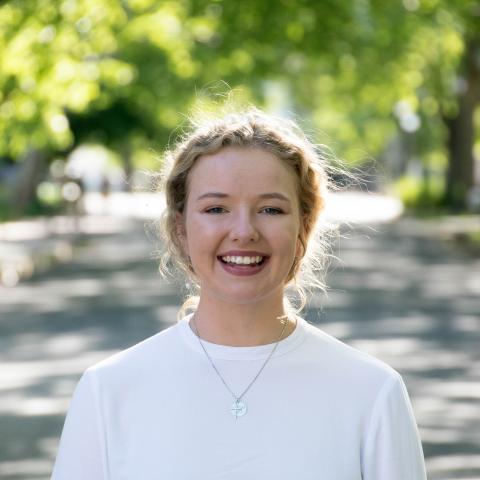
“Climate touches everything and affects everything”: An interview with Kira Alberts on planning the first climate assembly in South Africa
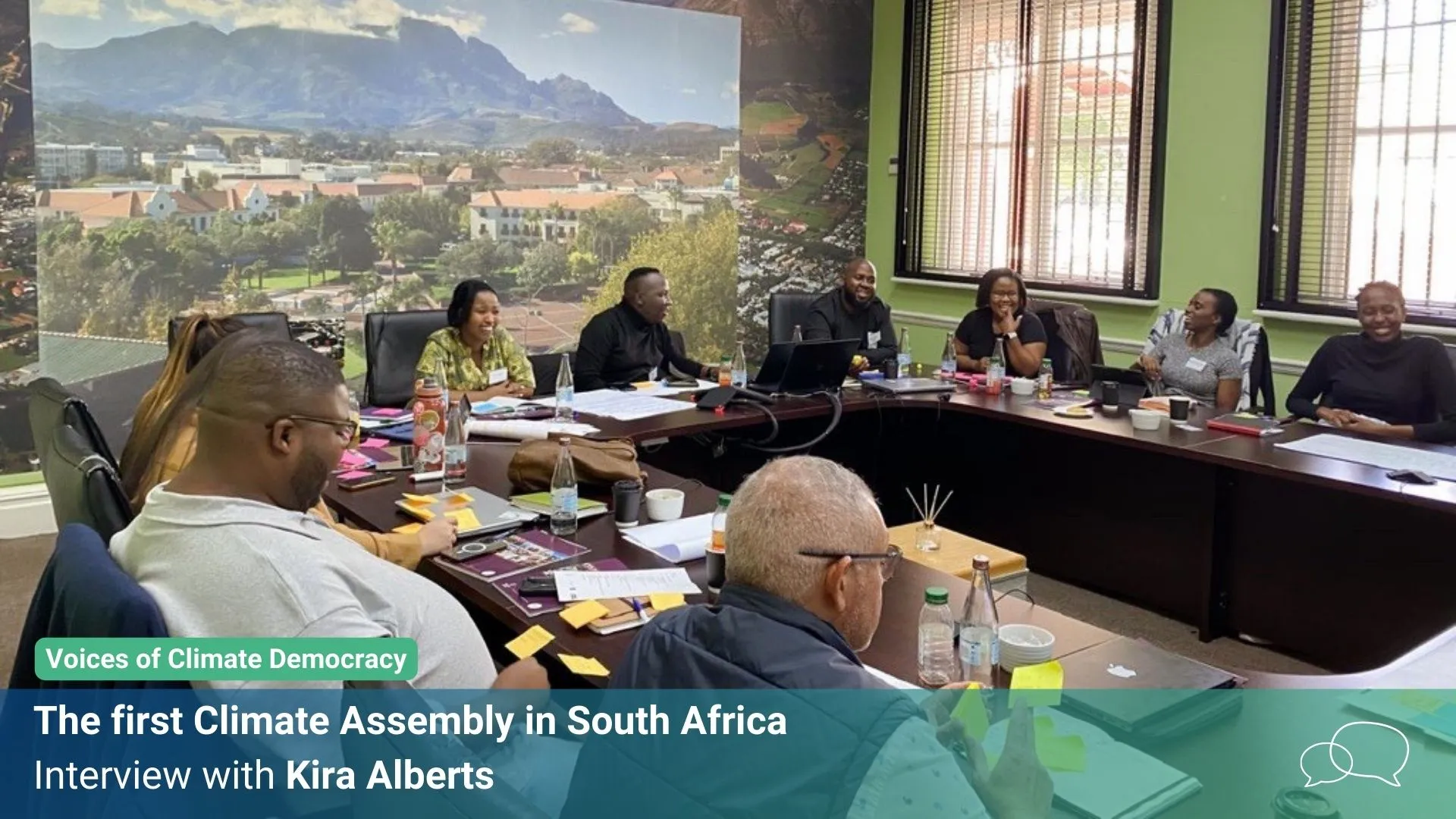
This interview is part of the series "Voices of Climate Democracy". The series provides a platform for insights from the people making climate assemblies happen around the world, through local, national, and global initiatives. We explore what works, the challenges that arise, and how learnings can enrich future climate assemblies.
Introduction
In late 2023, the Centre for Research on Democracy (CREDO) at Stellenbosch University, South Africa, in collaboration with the Politics and Urban Governance Research Group (PUG Research), launched the Citizens' Assembly Working Group. This initiative addresses the Global South's underrepresentation in a field largely dominated by the Global North, contributing to the global conversation on democratic practices and governance. The Working Group is currently planning South Africa's first climate assembly, set for 2026 in the Western Cape Province. Its focus will be on climate resilience and adaptation, with hopes that the project will inspire similar initiatives across South Africa and the broader African context.
Kira Alberts works at CREDO and is the chair of the working group. In 2024, she was part of International IDEA’s Regional Dialogue for Climate Deliberation in Sub-Saharan Africa. In this interview, she shares her experiences and learnings, offering an insight into the planning process, the expected impact of such an assembly, and the potential implications of climate deliberation for the South African democracy.

What was your main aim in starting the Citizens' Assembly Working Group?
The goal of the project is to look at citizens' assemblies and how they would fit into the African context, and more specifically in South Africa. We want to see how we can improve democratic public participation in a context that is very different to where citizens' assemblies originated and were originally designed. With that being said, we don't want to parachute this Global North idea into Global South contexts.
We're approaching it from an academic perspective, which is quite unique. With that approach, we allowed ourselves to take time to do research and get local input. We felt that this was particularly important because whatever we end up doing here, we hope to inspire future assemblies and to set an example for how it could be practiced in Africa. We really believe in the practice of deliberative democracy and the values that go along with it, so we want to create a blueprint that can be used beyond this project.
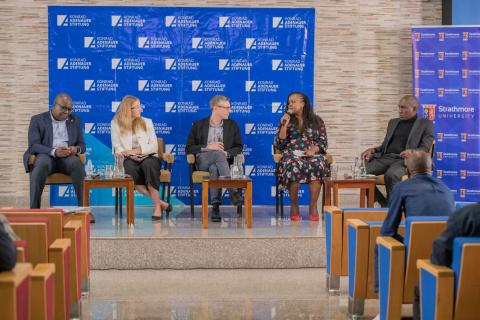
You invest a lot of time ‘co-designing’ the planning process. Can you explain what co-design means in this specific case and how you involve local stakeholders?
We have been very privileged to have many interest groups coming on board and giving ideas and input. We've brought together three spheres that are now part of our organizational team: the academic community—most of our Advisory Board consists of scholars—from both Global North and Global South, government partners, which will help us take the recommendations and discussions beyond the assembly, and civil society organizations, who help us understand the existing deliberative democratic practices in South Africa. A big part of our mission has also been to involve civil society working on climate issues, to understand South Africa's legislation, and the current public attitude towards climate change. All stakeholders and partners are included in our co-design process, and we have formed smaller planning groups within the Working Group, focusing on different aspects of the assembly design, such as facilitation, thematic priorities, sortition, logistics, etc. Working with the Steering Committee, these groups plan to put together the pilot assembly in the second half of 2026.
Do you have any examples of what you learned from the local context or civil society organizations that you will transfer or adapt to your process?
There aren't specific models that we're taking up and implementing ‘as is’. We have, however, found inspiration in many previous experiences and we've also gotten a lot of advice on what not to do.
Something that came up quite recently, that we found particularly inspiring, is the sense of acquired dignity associated with participation and active citizenship. A platform where people are really listened to, where they matter and their voice matters, generates pride in public and political participation. I think it's these feelings—which small-scale local practices seem to be good at creating—that we are trying to bring into our practice. We want to acknowledge that an assembly is not only valuable for the recommendations that come out of it as an immediate result, but also insofar as participants tend to continue to be more active and engage in their democracies afterwards. It has to do with the empowerment of using your voice and having your voice heard. And we really want to do that well.
How are you working at this stage in the planning process to get local policymakers on board with this project?
Getting policymakers to buy into the process is an ongoing challenge, but we've been really fortunate to partner with people from the climate directorate of our provincial government. They already saw the potential after our first meeting.
A big moment where we could see ‘buy-in’ was at a conference we held at the end of 2024. One of the activities we promoted was to organize a sort of assembly during the conference, to show them what it would be like to participate. Among other things, the session asked us to mention issues that South Africans are facing every day. Mind you, the group that was present was very diverse, from different provinces, different cultures, different languages, different areas of work. Still, when we came back into the plenary, almost all of us said the same things. This was a great ‘aha’ moment—we could see how we can work together and reach consensus despite our differences.
Citizens’ deliberation is a new idea, it isn't something that we really know much about in South Africa and there are many hurdles in our context. You could see that people were a bit apprehensive at the start. However, after the two-day conference, you could slowly see them being sold on the idea. Because once you see how easy deliberation can flow, if it's facilitated well, you really start to get a sense of the potential to practice participation in a different way.
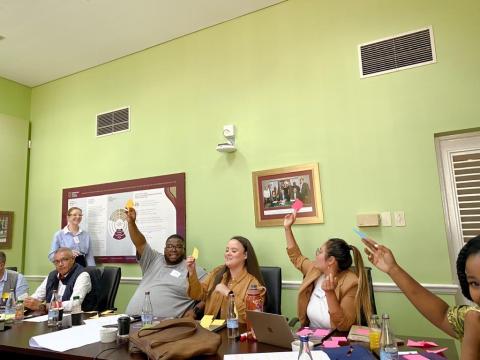
Can you describe those specific challenges within the local context you mentioned? How do you adapt and what could be the potential learnings?
The first thing that comes to mind is sortition. We can't trust the Postal Service to do a random sortition and we can't do door-to-door knocking because of safety reasons and the challenges gated communities pose. We also can't do e-mailing or cold calling because a large part of our population doesn't have access to e-mail, the Internet, or even cell phones. In addition, our most recent census data has been deemed unreliable, and it's really hard to do sortition if your demographic information is not accurate. We have brought on board a number of economists and individuals from the Afrobarometer, and so hopefully together, as a team, we will find a way forward. I think it will end up being a mixed methodology, but of course, that also comes with a cost.
Another challenge is diversity. A lot of countries where citizens’ assemblies are held don't deal with as many different languages, as many different cultures, or as wide socio-economic disparities as we do here. We have eleven official languages and a lot of them are spoken in the area that we're going to work in, which will require live translation. A third challenge is the socio-economic issues that we face—many of the people simply won't be able to afford to come to an assembly and will need an allowance to cover childcare and missed work. However, this becomes an incentive to take part only for the money, which is not what we want and will be a challenge in ensuring the integrity of the event.
So, there are many intricacies that we need to deal with, and all lead back to the fact that we want to make everyone feel comfortable and included. These challenges are hard, but not insurmountable.
Given all these complexities, how do you make sure that the outcomes of these assemblies are picked up in the policymaking process? And beyond that, how do you create longer-term impacts?
I think that's very top of mind for us because we don't want to just run this process once and be done with it. We really see the potential for it to be integrated into policymaking, but we're also cognizant of the fact that it may not work in that way.
In terms of the actual recommendations, the best we can do is to have some sort of written agreement with our national and local government partners. Again, it's difficult to come at it from an academic angle: we have to find a problem to solve or a question to answer, so to speak, because our assembly wasn't commissioned by a public authority. We decided to go the climate resilience and adaptation route, but now we need to figure out how that's going to fit in. Otherwise, it will just be another process with no concrete outcomes—and that's something we want to avoid at all costs.
Another interesting aspect of our specific assembly is that it will be multi-level. We hope to host the assembly within Cape Town, thus any of the recommendations will likely pertain specifically to the city and its residents. However, we aim to reach out to provincial and potentially state governments as well. We want to ensure that the impact reverberates and goes beyond one specific geographic area. This approach comes with its own set of challenges as well, because we need to make sure the questions asked are broad enough, but so far it looks quite promising, and climate is a great topic to do that with.
Is there a moment of learning that stands out to you, something that continues to guide you?
I don't even know where to start. The more you learn about citizens' assemblies, and the deeper you delve in, the more you realize how worthwhile the process is and what it could mean for South Africa and democracy. I think the big thing for me is that democracy needs to continue to grow and adapt and innovate. In many circles we've accepted democracy the way it is, but citizens' assemblies have taught me that it's important to innovate, to push, and to find new ways to do old things.
That's something that really drives me in this project: to continue finding new ways to make democracy work, to make people feel included, to make people's voices feel heard. And I think it shows how much a process like this can bring people together and make us realize that for all our differences, we are very much the same. You just feel very connected to your fellow citizens, and I think that is something very special.
What inspires you about citizens' or climate assemblies?
Speaking about climate specifically, I have realized the potential that a climate assembly working with resilience and adaptation has, to impact and improve the socio-economic issues we face in South Africa. Climate touches everything and affects everything, and having the topic of adaptation and resilience will allow us to address so much more than just CO2 emissions. And that's something that we're also trying hard to instill. Sometimes I think people see climate and they think that our country isn't rich enough to deal with that, we have bigger problems. But when we realize that climate touches everything, we understand that, through it, we do address many of the socio-economic issues we face.
The climate assembly organized by CREDO's Citizens' Assembly Working Group is planned to take place in 2026 in Cape Town, South Africa. Follow their updates here.
This interview has been edited for length and clarity.
Disclaimer: Opinions expressed in this commentary are those of the authors and do not necessarily represent the institutional position of International IDEA, its Board of Advisers or its Council of Member States.
